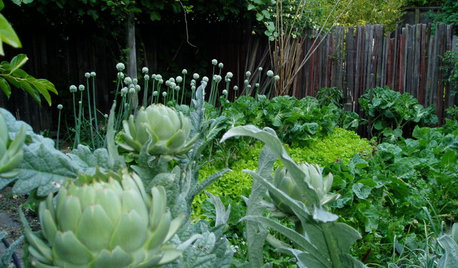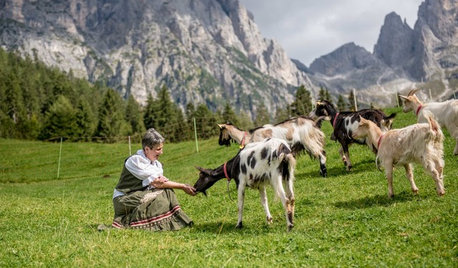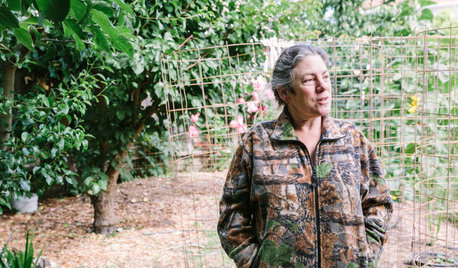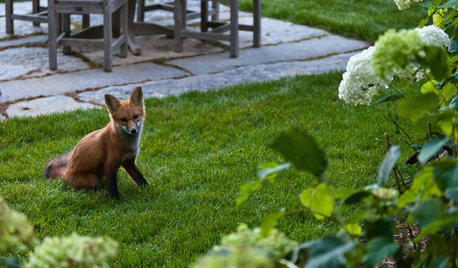Sheep, donkey or rabbit manure???
julianna_il
15 years ago
Featured Answer
Comments (19)
Kimmsr
15 years agoleira
15 years agoRelated Professionals
Leawood Landscape Architects & Landscape Designers · Gainesville Landscape Contractors · Stoughton Landscape Contractors · Bound Brook Landscape Contractors · Cary Landscape Contractors · East Hanover Landscape Contractors · Fort Atkinson Landscape Contractors · Hoffman Estates Landscape Contractors · Norristown Landscape Contractors · Oxnard Landscape Contractors · Roswell Landscape Contractors · Seven Hills Landscape Contractors · Fairfax Decks, Patios & Outdoor Enclosures · Lenoir Decks, Patios & Outdoor Enclosures · South Houston Decks, Patios & Outdoor EnclosuresKimmsr
15 years agoorganicguy
15 years agoKimmsr
15 years agoladysbytes_yahoo_com
13 years agondstitch
13 years agojolj
11 years agoKimmsr
11 years agojolj
11 years agobuckyz4
11 years agojolj
11 years agoRpR_
11 years agoKimmsr
11 years agobuckyz4
11 years agodavid52 Zone 6
11 years agojolj
11 years agoKimmsr
11 years ago
Related Stories

GARDENING GUIDESThe Poop Scoop: Enrich Your Soil With Good Old Manure
Get over the ick factor already — this natural super-ingredient for soil has so many benefits, you'll wonder why you ever went chemical
Full Story
FRONT YARD IDEAS10 Ideas for a Front-Yard Edible Garden Your Neighbors Will Love
Choosing attractive, well-mannered plants and sharing the bounty will go a long way toward keeping the peace
Full Story
FARMHOUSESWorld of Design: See How 9 Families Live and Farm on Their Land
Join us as we visit the homes and farms of passionate food producers and hear about rural life around the globe
Full Story
FARM YOUR YARDTo Get the Food They Believe In, These Urbanites Grow Their Own
Home gardeners farming on their city lots find that local, organic food isn’t the only reward
Full Story
FUN HOUZZThe Cutest Darn Animals on Houzz
You might end up admiring these horses, goats, llamas and more until the cows come home
Full Story







organicguy